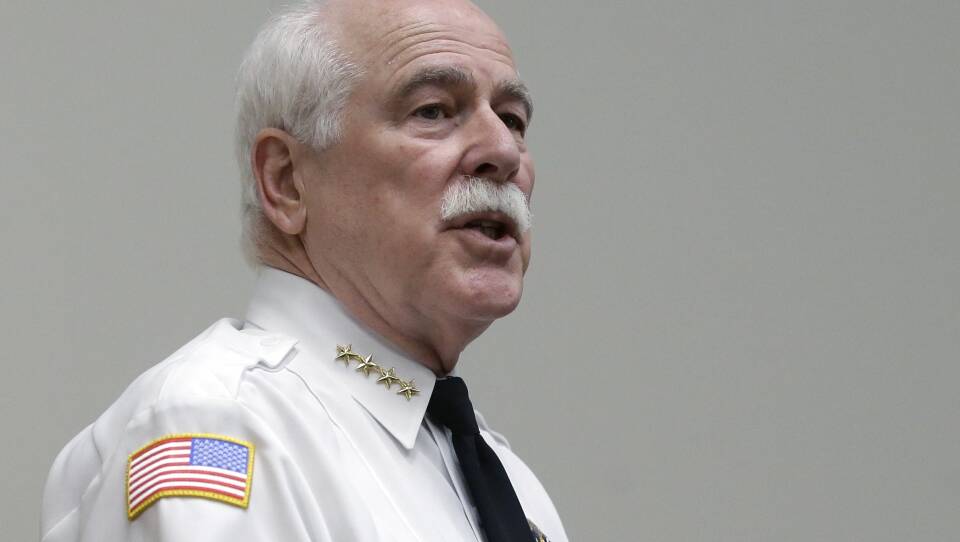Updated 10:29 a.m. May 19
On Tuesday, a ruling by Massachusetts Supreme Judicial Court ended a four-year legal battle and gave Bristol County Sheriff Thomas Hodgson’s office and others the legal authority to collect monies for the jail through phone service fees.
Hodgson called the decision a win for the taxpayers. But prisoner legal advocacy groups have said the legal fight isn’t over, and a decision on the issue could now move to the state Legislature.
“This is absolutely a win for taxpayers,” Hodgson said. “It has always been my belief as the sheriff of Bristol County that one of my most fundamental responsibilities is to minimize the burden on taxpayers for the rising costs of prison operations.”
The case began in 2018, when Prisoner’s Legal Services of Massachusetts, the National Law Center and private attorneys filed a class action lawsuit against Hodgson and the telephone contractor Securus Technologies. The suit alleged that the sheriff’s office was generating outside revenue through illegal kickbacks by receiving payments from the telephone contractor.
Jim Pingeon, litigation director with Prisoner's Legal Services, said the arrangement doubled the price of phone calls for family members of inmates and attorneys who accept telephone calls from people in any of the Bristol County jails.
According to the nonprofit, one in three families with an incarcerated loved one falls into debt trying to stay connected through phone calls and visits, and the financial burden disproportionately affects those living in low-income communities.
Pingeon said Prisoner’s Legal Services is disappointed in the ruling. But he added that the Supreme Judicial Court, in affirming its decision, shifted the power to the Legislature.
“The SJC ruling made it clear that it's up to the Legislature to decide whether or not sheriffs should be able to charge families for the exorbitant costs of prison telephones,” he said.
Hodgson said it is a good thing that inmates be in contact with their families, but that taxpayers shouldn’t bear the responsibility for the costs. And he said he never apologizes for making decisions that are right for the people.
“We have inmates that have sometimes thousands of dollars in their accounts who have plenty of money to make phone calls,” he said. “So, this just offsets the burden to taxpayers.”
Pingeon, however, argues that the picture is a bit more complex.
“It's not prisoners who pay for these calls,” Pingeon said. “It's their families and other recipients of the calls. Those people are taxpayers, too.”
The Massachusetts House of Representatives has already passed a measure that would make communication from prisons and jails free. It’s known as the No Cost Call bill, and it would work by creating a $20 million fund to pay for the calls. The Senate is considering a similar measure in its budget. Similar laws are in place in Connecticut, San Francisco, Los Angeles and other municipalities.
Produced with assistance from the Public Media Journalists Association Editor Corps funded by the Corporation for Public Broadcasting, a private corporation funded by the American people.
Correction: This story was updated to correct the duration of the legal battle.








